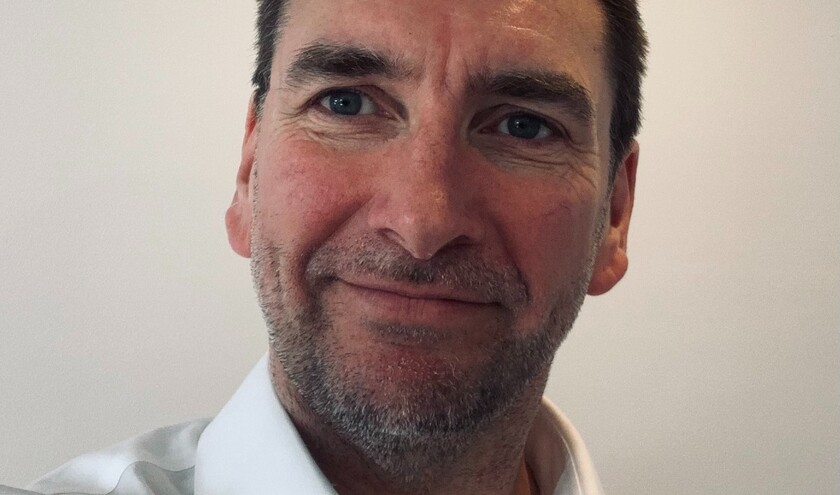Digital reform is no longer a pipe dream for the NHS. The Fit for the Future 10-Year Health Plan prioritises analogue to digital change alongside the shifts from hospital centred to community care and from sickness treatment to prevention, signalling that every part of the service must work in real time and online.
Yet while digitisation ensures new clinical information enters electronic patient record (EPR) systems, the NHS is sitting on a vast backlog of paper files that create compliance challenges, inhibit streamlined care delivery and occupy valuable floor-space. The failure to integrate the information from these paper records is undermining the effectiveness of EPRs.
While 94% of acute trusts in England have already implemented EPRs and see the benefits in clinical and administrative efficiency, many are uncertain how to go about digitising the records they have from past years. They are concerned the process will disrupt care and administrative processes – and be costly.
This lack of progress jeopardises individual trusts' alignment with NHS policy. The NHS's £2bn Frontline Digitisation programme is driving full adoption of EPRs across both acute and mental health trusts, with a deadline in place of March 2026. The ambitions for paper-light operations by 2026 as part of the NHS Green Plan also place extra pressure on trusts still relying on physical records.
Having patient data securely stored and easily accessible to clinicians through an EPR is a step-change in efficiency. So far, however, it only scrapes the surface of the paper-based problems that still plague trusts up and down the country.
Trusts need to ask what the alternative to digitisation is. Paper records, whether accumulated over years or still used in day-to-day care, have become harder to track. The difficulty of tracking the exact location of individual case notes can mean clinicians are unable to access complete patient information during appointments and when making important care-related decisions. The use of physical records also slows down the transfer of notes between hospitals and doctors, delaying continuity of care and increasing the risk of missed or incomplete information reaching the right people at the right time.
The retention of paper records has the potential to create fire hazards and data protection risks. Storing the case notes in a physical location also puts pressure on space that should be better used to benefit clinicians or patients. For example, freed-up areas can be repurposed into communal break-rooms for staff, improving wellbeing and reducing the sense of burnout. They could also be used for additional consultation or patient spaces to enhance care delivery.
The way to tackle the digitisation of vast stores of paper records is via a structured, end-to-end process. Trusts can engage partners with the right experience and accreditations to start a proof-of-concept as a first step.
This is a low-risk way of demonstrating that a digitisation programme can operate without endangering patient safety or operational efficiency.
The partner will scan files at a dedicated site, with digital tracking for full visibility of the physical location of patient information. The files are then seamlessly integrated into the trust's existing EPR system. With an audit trail and quality assurance checks throughout the process, sensitive data remains secure.
The integration of an in-house facility can then empower trusts to digitise every historical and new paper record generated, which can be made available in the EPR within seven days of a patient's discharge. In addition, AI and ML capabilities allow documentation to be automatically catalogued and searchable – saving crucial time for clinicians.
Within seconds, clinicians are able to access individual patient records, saving time and improving the accuracy of medical processes. This reduces the administrative workload for under-pressure staff and improves patient satisfaction at the same time.
Many trusts continue to battle significant patient backlogs, and digitisation of medical records can allow staff to be redeployed to Patient Access Centres, enabling quicker access to care for patients. Staff can swiftly register new patients immediately on arrival at hospital. In terms of sustainability, digitisation of all records has the primary benefit of reducing the reliance on paper and supporting NHS sustainability goals outlined in the NHS Green Plan.
There are also major opportunities for innovation. The easily-accessible data-led insights can inform future initiatives and priorities, including the digitisation of nursing workflows and intensive care unit records. By enabling these projects with technology, NHS trusts can further their strategic digital roadmaps.
Paper records have long been a problem for NHS operations around the UK. The solution is digitising records to underpin safer, smarter and more sustainable care.
With the conversion of legacy paper archives into secure, searchable digital files, NHS trusts are able to improve the speed and quality of decision-making, ease the strain on stretched resources and reclaim valuable space for patient and staff to benefit.
Digitisation also provides the foundation for further innovation, including AI-assisted insights and more connected care pathways, ensuring that frontline teams have the information they need, when they need it.



